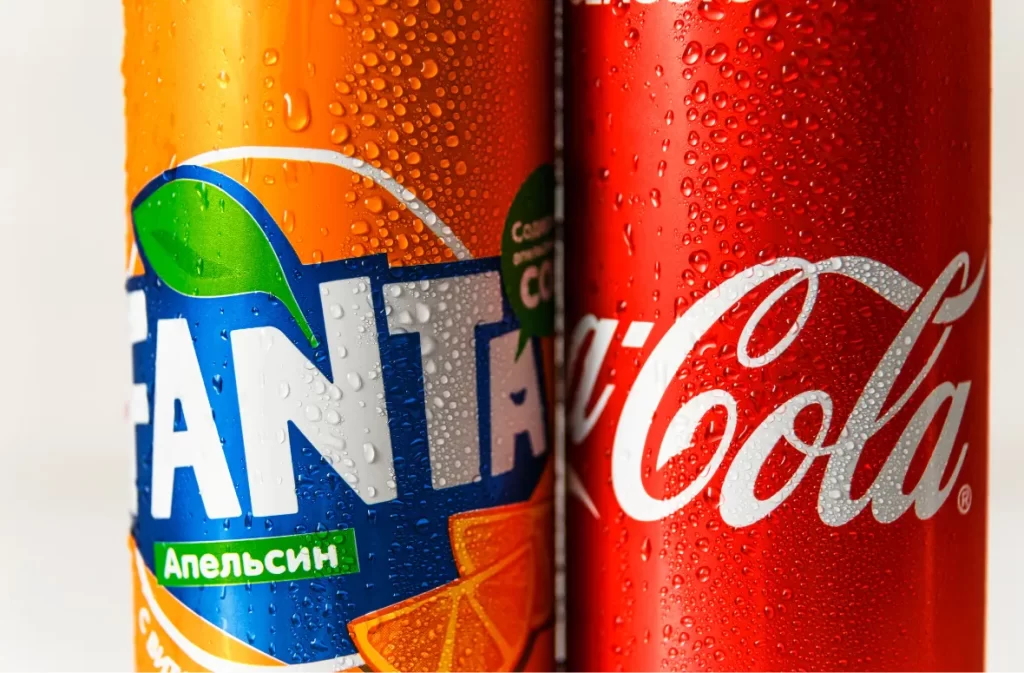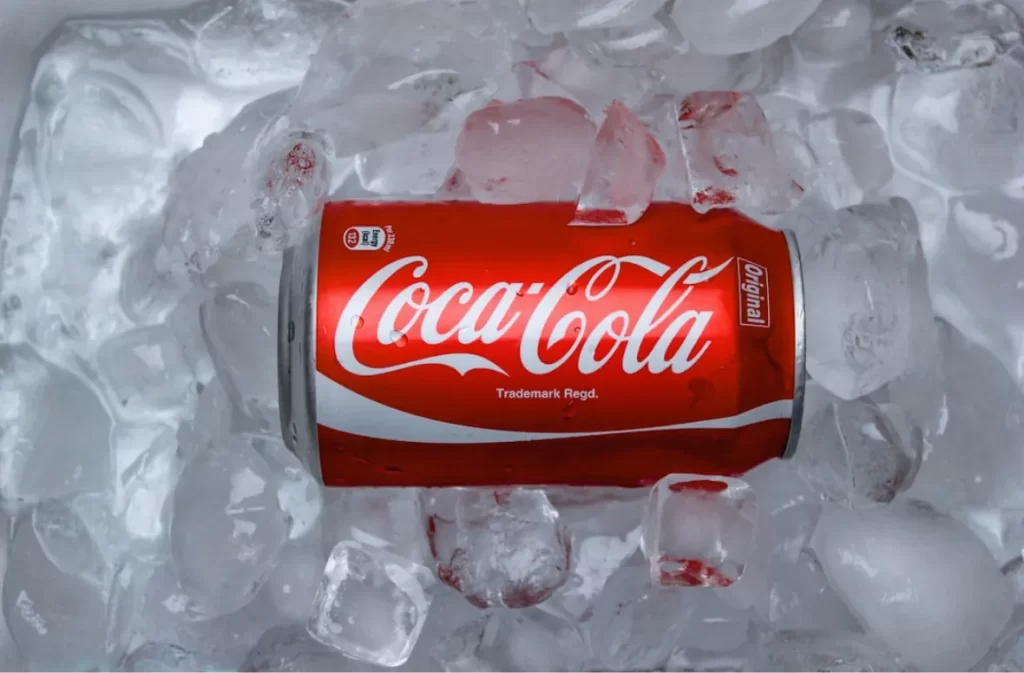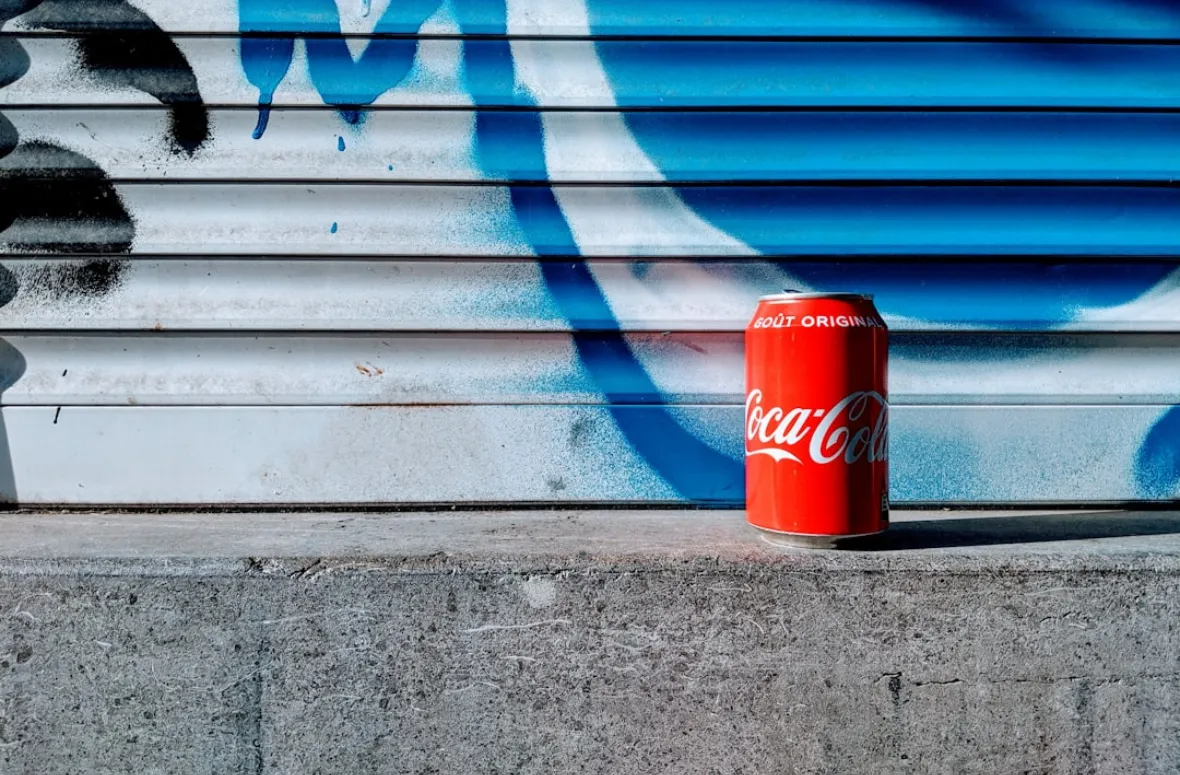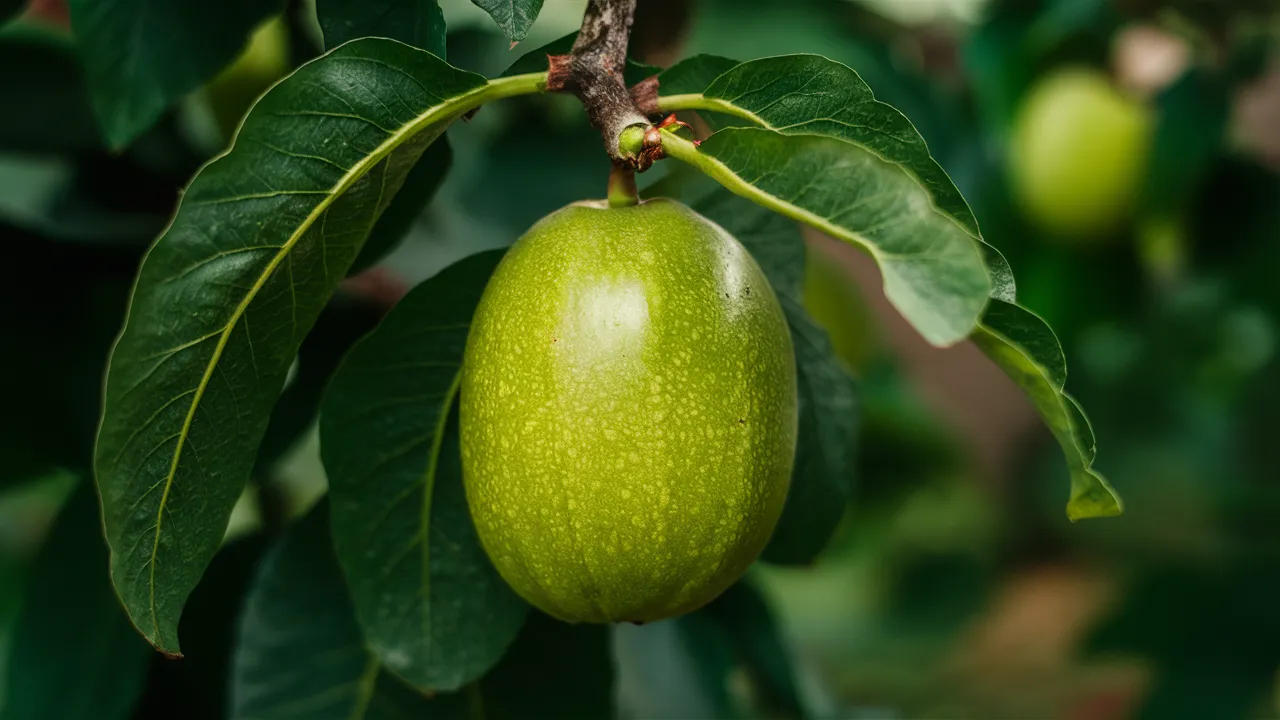Long drinks, or “highball” drinks, have been a staple in alcohol for decades. They are popular for their refreshing taste and versatility. They combine spirits with mixers like soda, juice, or tonic water. Knowing their nutritional profile is important for health-conscious consumers. It helps them make informed choices about alcohol.
In this article, we will examine the nutritional facts, health aspects, and the benefits and risks of long drinks. Our goal is to offer accurate, well-researched information. This will help readers understand mixed drinks, focusing on their nutritional value.
What is a Long Drink?
A “long drink” is typically any cocktail that combines a base spirit (such as vodka, gin, rum, or whiskey) with a larger quantity of a non-alcoholic mixer. The name “long drink” originates from the fact that the drink has a higher volume compared to traditional “short” drinks like martinis or shots. The goal is usually to create a refreshing, easy-to-drink cocktail that can be consumed over a longer period of time.
Common examples include:
- Gin and Tonic: Gin mixed with tonic water.
- Vodka Lemonade: Vodka with lemon soda or lemonade.
- Rum and Cola: Rum mixed with cola.
- Whiskey Sour: Whiskey, lemon juice, sugar, and water.
Long drinks are popular in bars, parties, and social gatherings. They offer many flavors that appeal to diverse tastes.Nutritional Breakdown of Long Drinks
The nutritional value of long drinks largely depends on the ingredients used. Here’s a detailed look at the typical components of a long drink and how they contribute to its overall nutritional profile.
1. Alcohol Content

Long drinks usually have an alcohol content of 5% to 12% ABV. This varies based on the spirit and its proportion in the mix. The alcohol adds calories and can affect the body. It may impair judgment, liver function, and hydration levels.
Calories from Alcohol
Each gram of alcohol provides approximately 7 calories. Therefore, a 1.5 oz (44 mL) serving of vodka, for example, contains about 97 calories from alcohol alone. Other spirits like gin or rum contribute similar amounts.
2. Mixers
The mixer in long drinks greatly affects their nutrition, especially the sugar content. It can vary widely between different mixers.
Also Read: Food Beginning with L Discover Delicious That Will Amaze You
Sugary Mixers (e.g., soda, tonic, juices)
- Caloric Impact: Many sugary mixers can add a substantial number of calories to a long drink. For instance, a typical 12 oz (355 mL) can of cola contains around 140 calories, all from sugar.
- Sugar Content: A standard gin and tonic might have up to 22 grams of sugar if using regular tonic water, which can be problematic for individuals trying to manage their sugar intake or for those with metabolic conditions like diabetes.
- :Health Implications: Excessive sugar in alcoholic drinks can cause weight gain and insulin resistance. It can even damage the liver if you drink alcohol regularly.
Low-Sugar or Zero-Calorie Mixers (e.g., diet soda, soda water)
- Caloric Impact: Choosing sugar-free mixers like soda or diet tonic water cuts calories in long drinks. For instance, a gin and soda made with soda water has almost no calories from the mixer.
3. Additional Ingredients
- Lime or Lemon: Commonly added to long drinks like gin and tonic, these ingredients add a few vitamins, like Vitamin C, and some antioxidants. They add few calories.
- Herbs or Spices: Ingredients like mint, ginger, or bitters might also be used. They add few calories but enhance flavor.or and aroma.
Health Considerations: What You Should Know

Long drinks can be refreshing and low-calorie, especially with low-sugar mixers. However, they have health risks, especially if consumed in excess.
1. Caloric Consumption
Long drinks often lead to high calorie intake. This is especially true with sugary mixers. If you’re watching your weight, consider lighter mixers. Limiting these drinks can also help maintain a calorie-controlled diet.
2. Impact on Hydration
Alcohol is a diuretic, meaning it increases urine production and can lead to dehydration. This can be particularly problematic in cocktails like long drinks, which are consumed over a longer period. Dehydration can cause headaches, fatigue, and impaired cognitive function. It’s important to balance alcohol consumption with water intake.
3. Sugar and Blood Sugar Spikes
People with diabetes need to be careful with their drink choices. Long drinks mixed with sugary mixers can quickly raise blood sugar levels. This spike can be dangerous. Over time, high blood sugar can lead to serious health problems. So, when selecting a drink, it’s important to keep this in mind.
Also Read: Food Around the World for Kids: Discover Amazing Tastes
4. Alcohol and Liver Health
Regular consumption of alcoholic beverages, including long drinks, places a strain on liver function. Excessive drinking can lead to liver diseases such as fatty liver, cirrhosis, and hepatitis. Moderation is key to minimizing these risks.
5. Mental Health and Cognitive Function
Alcohol hinders brain function. It slows reaction times and lowers judgment. This increases the risk of accidents. Over time, heavy drinking can lead to lasting mental health problems, such as depression and anxiety.
Practical Tips for Healthier Long Drinks
While enjoying a long drink, it’s possible to make healthier choices that minimize calorie and sugar intake. Here are some tips:
1. Opt for Sugar-Free Mixers
Choose sugar-free or low-calorie mixers, like soda water, diet tonic water, or fresh fruit juices, whenever possible. This can reduce the overall sugar content of your drink without compromising on flavor.
2. Watch Your Portion Sizes

Long drinks are usually served in large glasses, which can easily lead to overconsumption of alcohol and calories. Consider sticking to one or two drinks per occasion.
3. Hydrate
Drink plenty of water between alcoholic beverages to stay hydrated. This can help mitigate the dehydrating effects of alcohol and reduce the chances of a hangover the next day.
Also Read: Food Lopez Island: Unbelievable Food’s the Island Secrets!
4. Use Fresh Ingredients
Fresh citrus fruits, herbs, and spices can add flavor and nutrients to your drinks without adding extra sugar or calories.
5. Moderate Alcohol Consumption
The key to enjoying long drinks without negatively affecting your health is moderation. The CDC defines moderate drinking as: Women, up to one drink a day. Men, up to two drinks a day.
Insights on Long Drink Nutrition Facts
Long drinks are popular cocktails. They are refreshing and flavorful when consumed in moderation. These drinks can fit into a healthy lifestyle.
However, it’s important to know their nutritional content, especially alcohol and sugar levels. Also, be aware of the health risks of drinking too much. To minimize health risks, choose lower-calorie mixers. Also, hydrate and limit alcohol.




